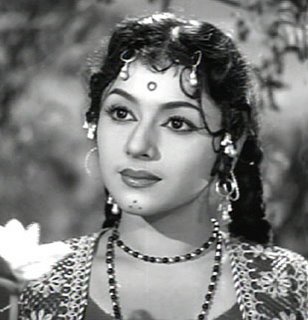The term Father of the Nation is used in many countries to describe a political or symbolic leader seen as a founding father of the nation. He may also be key figure in the nation's history whose heroism and moral authority make him a source of patriotic inspiration and worthy of respect. His image is often elevated to that of a national symbol and is likely to be featured on items such as banknotes and stamps.
India's Father of the Nation is Mahatma Gandhi. Gandhi born on October 2, 1869, into an average family, in an obscure town near Bombay, India. He was the sixth and youngest child of the family. At the age of 13 he was married to Kasturbai, who was the same age. His father who served as a Diwan, died when Gandhiji was in high school. He was the first person in his family to complete a high school education. By the advice form family member, he arrived London and completed his law course and London Matriculation Examination. After returning to India in 1891, he received an offer to assist a senior lawyer in South Africa for a year, which he accepted and left India in 1893. While Gandhi traveling from Durban to Johannesburg (South Africa) in 1st Class, Gandhij was thrown out of the train when he refused to move to 3rd class. This incident compelled him not only to think of fellow black people and also the voice of oppressed Indians. At 35, Gandhij conceived a new weapon called Satyagraha, which became the voice of millions who saw in him the fulfillment of their dream for an independent nation.
Is there a title "Mother of the Nation"? Yes, but unlike its male equivalent it has seen only occasional use, primarily due to the male dominated history of nation building. However, there are a few examples: England - Queen Elizabeth, the Queen Mother; Finland - Tarja Halonen; New Zealand - Judy Bailey; Guyana - Janet Jagan ; Zimbabwe - Sally Mugabe ; Wales -.Katheryn of Berian; Pakis tan - Fatima Jinnah; South Africa - Winnie Mandela.
India's Father of the Nation is Mahatma Gandhi. Gandhi born on October 2, 1869, into an average family, in an obscure town near Bombay, India. He was the sixth and youngest child of the family. At the age of 13 he was married to Kasturbai, who was the same age. His father who served as a Diwan, died when Gandhiji was in high school. He was the first person in his family to complete a high school education. By the advice form family member, he arrived London and completed his law course and London Matriculation Examination. After returning to India in 1891, he received an offer to assist a senior lawyer in South Africa for a year, which he accepted and left India in 1893. While Gandhi traveling from Durban to Johannesburg (South Africa) in 1st Class, Gandhij was thrown out of the train when he refused to move to 3rd class. This incident compelled him not only to think of fellow black people and also the voice of oppressed Indians. At 35, Gandhij conceived a new weapon called Satyagraha, which became the voice of millions who saw in him the fulfillment of their dream for an independent nation.
Is there a title "Mother of the Nation"? Yes, but unlike its male equivalent it has seen only occasional use, primarily due to the male dominated history of nation building. However, there are a few examples: England - Queen Elizabeth, the Queen Mother; Finland - Tarja Halonen; New Zealand - Judy Bailey; Guyana - Janet Jagan ; Zimbabwe - Sally Mugabe ; Wales -.Katheryn of Berian; Pakis tan - Fatima Jinnah; South Africa - Winnie Mandela.










